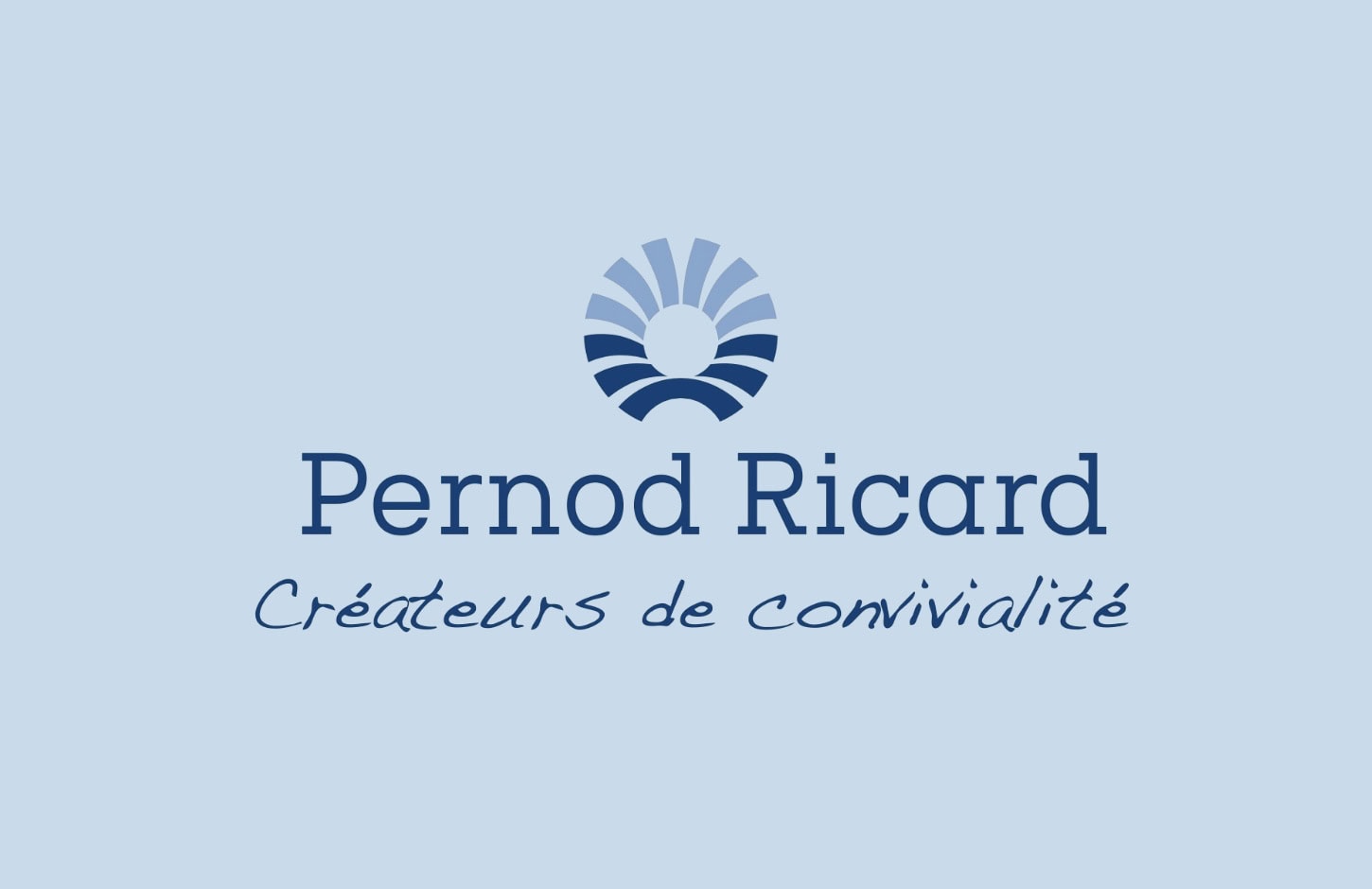Pernod Ricard has reported a global decline of -7.6% in organic net sales for Q1 FY26, with reported sales down -14.3% to €2,384 million. The steepest declines came from the US and China, with Europe, including the UK, recorded a more modest -4% decline.
China posted the group’s largest drop at -27%, with Pernod Ricard citing “a still challenging macroeconomic environment” and soft consumer demand. On-trade sales were particularly affected, and Cognac remained under pressure. In the US, organic net sales fell -16%, attributed to a subdued market and planned inventory reductions. “Sales were impacted by some inventory adjustments, as expected,” the company said.
Despite this, Jameson, Absolut, and Kahlúa were noted as continuing to “outperform their respective competitive set.”
Across Europe, the group reported stabilising results in Spain, a slower rate of decline in Germany, and broadly flat trading elsewhere. The update highlighted “stellar performances” from Perrier-Jouët and Bumbu, alongside strong sales of Kahlúa across the region.
Kahlúa, a bar essential and key ingredient in the Espresso Martini, was among the group’s best-performing Strategic Local Brands and was specifically credited for maintaining “solid momentum” in Q1.
Jameson featured strongly across several regions. Despite a drop in the US, the brand was described as continuing to “outperform [its] respective competitive set” and posted strong gains in India, where it led growth among international brands.
Martell Cognac, while still affected by weak demand in China, recorded “strong results” in South Africa and contributed to growth in several emerging markets.
Despite short-term headwinds, the group said it remains confident in its long-term strategy and expects performance to improve in the second half of the year saying that they “continue to expect improving trends in Organic Net Sales, skewed toward H2.”
The group also reiterated its medium-term outlook of organic net sales growth between 3% and 6% per annum through FY27 to FY29, supported by €1 billion in operational efficiencies.

